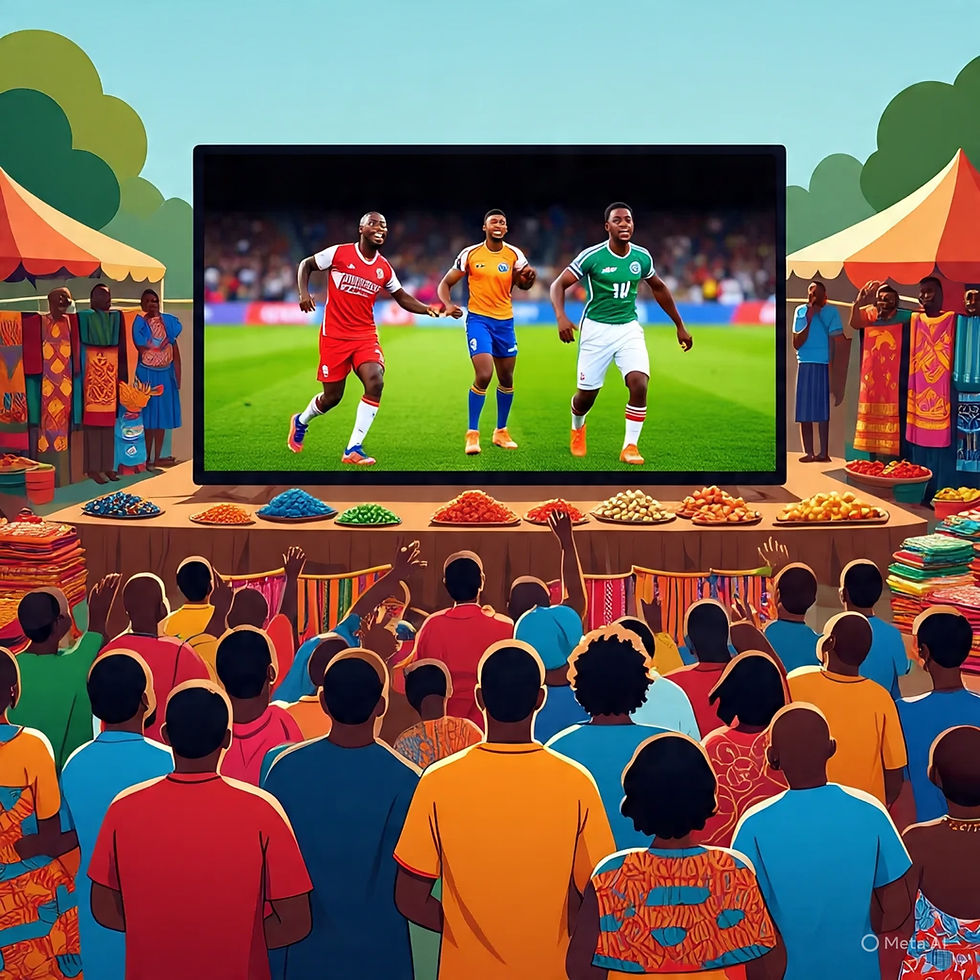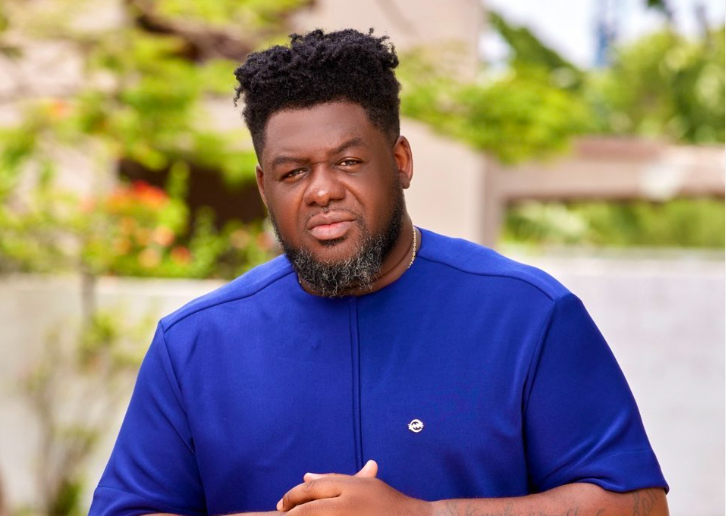Why Is It So Hard to Find the Right Partner? Is It Me, or Am I Doing Something Wrong?
- orpmarketing
- Jun 4, 2025
- 6 min read

Finding the right partner can feel like searching for a rare gem in a vast, unpredictable ocean. You’re not alone if you’ve ever wondered, “Why is this so hard? Is it my fault?” The truth is, the struggle to find a compatible partner is a mix of personal choices, societal shifts, and sometimes just plain bad luck. Let’s dive into why this process is so challenging, backed by data and insights, and explore what you might be doing—or not doing—that could be part of the equation. Spoiler: it’s not always about you, but there are steps you can take to tilt the odds in your favor.
The Modern Dating Landscape: A Numbers Game
Dating today is a different beast compared to a few decades ago. The rise of online dating has exploded the pool of potential partners but also made things trickier. According to a 2023 Pew Research Center study, 30% of U.S. adults have used online dating apps, and 12% have found a committed relationship through them. Sounds promising, right? But here’s the flip side: 54% of users report feeling overwhelmed by the sheer number of options, and 64% say they’ve encountered people misrepresenting themselves. The paradox of choice—too many options—can lead to decision fatigue, making it harder to commit to one person.
Then there’s the global context. A 2022 Statista survey found that 44% of singles worldwide feel dating has become more difficult in the past decade, citing reasons like mismatched expectations and the pressure of curated online personas. In places like Ghana or Nigeria, where cultural values often emphasize family and marriage, the tension between traditional expectations and modern dating apps can add another layer of complexity. You might be swiping through profiles while juggling family questions about “when you’ll settle down.” Sound familiar?
Is It Your Fault? Let’s Talk Self-Reflection
Blaming yourself entirely is a trap, but it’s worth taking a hard look in the mirror. Are your expectations realistic? A 2021 study in the Journal of Social and Personal Relationships found that people with overly idealized partner criteria—think “must be tall, rich, and love hiking as much as I do”—are less likely to form lasting relationships. It’s not about lowering your standards but about prioritizing what truly matters. Do you value kindness and communication over a specific job title or look? If your checklist is longer than a grocery list for a family reunion, it might be time to trim it down.
Another angle: how’s your approach to dating? If you’re passive—waiting for the “perfect” person to magically appear—you’re likely missing opportunities. Data from OkCupid’s 2020 analytics shows that users who initiate conversations are 2.5 times more likely to get responses that lead to dates. Being proactive doesn’t mean desperation; it means showing up with intention. On the flip side, if you’re coming on too strong (like, proposing marriage on the second date), you might be scaring people off. Balance is key.
And let’s not ignore emotional baggage. Past relationships, trust issues, or even childhood experiences can shape how you connect. A 2019 study in Personality and Social Psychology Bulletin found that individuals with higher attachment anxiety (fear of rejection) or avoidance (discomfort with closeness) struggle more to form secure relationships. If you’re constantly second-guessing your worth or pushing people away to protect yourself, it might be worth exploring these patterns—maybe even with a therapist.
External Factors: It’s Not All You
Sometimes, it’s not about what you’re doing wrong but about the world around you. Let’s break it down:
Cultural Shifts: In many African societies, dating is influenced by community and family expectations. A 2020 Afrobarometer survey across 34 African countries found that 68% of respondents believe family approval is crucial for marriage. If you’re caught between modern dating and traditional pressures, it can feel like you’re pleasing no one—not your family, not your dates, not even yourself.
Timing and Geography: Where you live matters. In urban hubs like Accra or Lagos, dating apps like Tinder or Bumble are popular, but in smaller towns, social circles are tighter, limiting options. A 2022 UN report noted that urbanization in Africa is increasing, but 57% of the population still lives in rural areas, where meeting new people can be harder. Plus, life stages play a role—your 20s are for experimenting, but by your 30s, many potential partners might already be married or focused on careers.
Social Media and Comparison: Ever scroll through Instagram and feel like everyone’s in a perfect relationship? That’s no accident. A 2021 study from the University of Michigan found that heavy social media use correlates with lower relationship satisfaction because of unrealistic comparisons. Those picture-perfect couples? They’re curating their highlight reel, not their reality.
What Can You Do? Practical Steps
Alright, enough about the problem—let’s talk solutions. Here’s a mix of short-term, medium-term, and long-term strategies to improve your chances of finding the right partner, grounded in evidence and a bit of real-world wisdom.
Short-Term: Shift Your Approach
Expand Your Circle: Join activities aligned with your interests—think book clubs, fitness classes, or community events like those vibrant festivals in Accra or Nairobi (remember those cultural events we talked about?). A 2019 Eventbrite survey found that 67% of singles meet potential partners at in-person events, not just online.
Refine Your Online Game: If you’re on dating apps, optimize your profile. Data from Hinge’s 2022 reports shows profiles with clear, authentic photos and specific prompts (like “I’m looking for someone who loves deep conversations”) get 3x more matches. Ditch the vague bios and blurry selfies.
Be Open but Discerning: Go on dates with an open mind, but don’t ignore red flags. If someone’s values clash with yours—like if they dismiss your career ambitions—don’t force it. Compatibility matters more than chemistry alone.
Medium-Term: Build Yourself Up
Work on You: Confidence is magnetic. A 2020 study in Evolutionary Psychology found that self-confidence (not arrogance) is one of the top traits singles find attractive. Invest in your passions, health, or skills—whether it’s learning to cook jollof rice like a pro or mastering a new hobby.
Seek Feedback: Ask a trusted friend for honest input on your dating approach. Are you coming across as approachable? Too picky? A 2018 study in Social Psychological and Personality Science found that external perspectives can reveal blind spots in our behavior.
Set Boundaries: If you’re juggling family pressures or cultural expectations, communicate your needs clearly. For example, politely let your auntie know you’re taking your time to find the right match. It’s your life, not theirs.
Long-Term: Grow and Adapt
Reflect on Patterns: If you keep attracting the same “wrong” type, dig deeper. Journaling or therapy can help uncover why you’re drawn to certain dynamics. A 2021 Journal of Counseling Psychology study showed that self-reflection improves relationship outcomes over time.
Stay Open to Change: Your “type” might evolve. The person you’d vibe with at 25 might not fit at 35. Data from eHarmony’s 2023 compatibility reports suggests that couples with shared values (like trust and respect) are 40% more likely to stay together than those chasing superficial traits.
Patience Pays Off: Finding the right partner takes time. A 2022 Match.com survey found that 61% of successful couples dated for at least a year before committing. Don’t rush—it’s better to be single than stuck with the wrong person.
It’s Not Just You—It’s a Journey
So, is it your fault? Probably not entirely. Dating is a complex dance of timing, self-awareness, and societal pressures. You might be doing some things that hold you back—like clinging to an unrealistic checklist or shying away from vulnerability—but the world around you isn’t making it easy either. The good news? You have agency. By tweaking your approach, staying open, and investing in yourself, you can improve your odds of finding someone who clicks.
Take a deep breath, laugh off the bad dates, and keep showing up as your authentic self. The right partner isn’t a myth—they’re out there, probably wondering why dating’s so hard too. What’s one small step you can take today to shake up your dating game? Maybe it’s signing up for that art class or rewriting your Tinder bio. Whatever it is, you’ve got this.
Comment below with your thoughts or share this post if you’ve ever felt stuck in the dating game!




Comments